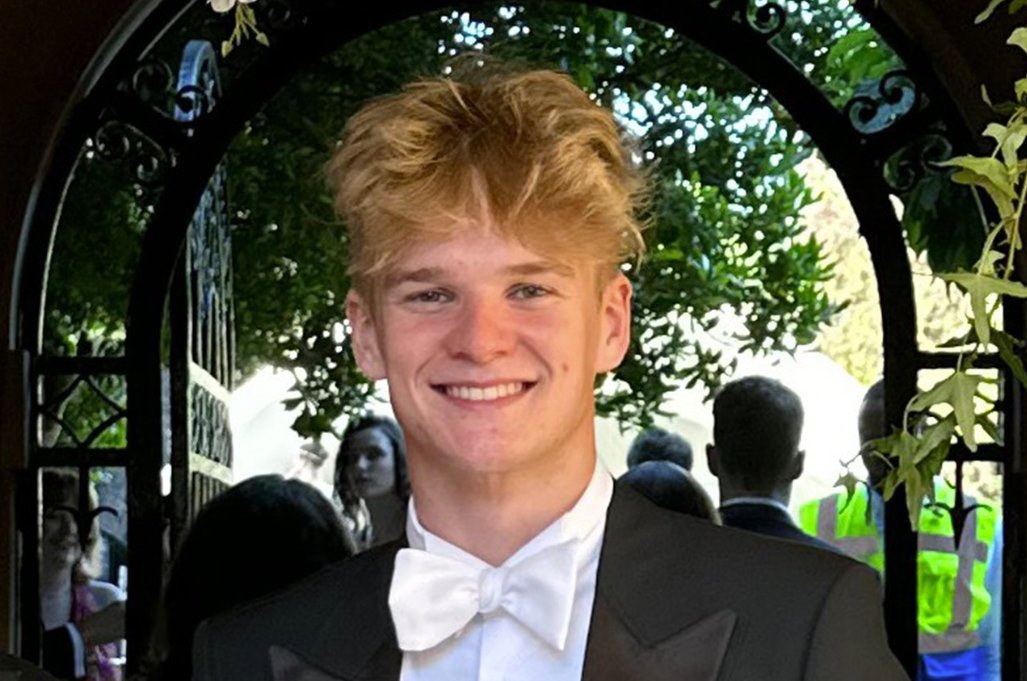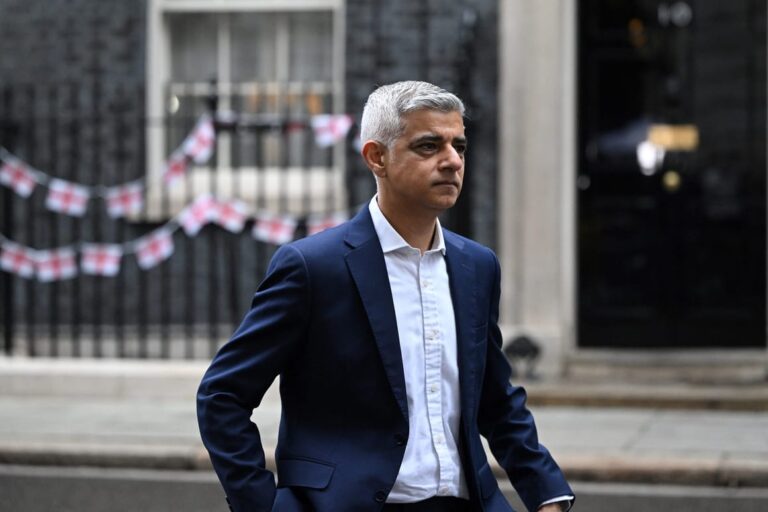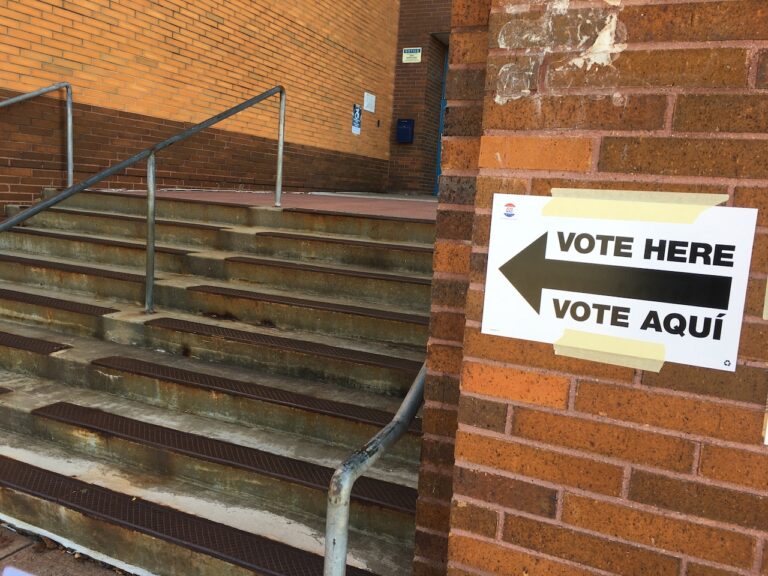The Harsh Reality of Cancel Culture on College Campuses
The Stark Truth Behind Cancel Culture in Colleges
In recent years, the phrase “cancel culture” has seeped into our everyday conversations, especially regarding college campuses. It’s almost as if we’re living in a dystopian novel where the villains are always ready to strike down anyone who dares say the “wrong thing.” So, what’s the deal with cancel culture, really? How is it impacting the vibrant dialogue we expect on college campuses? Let’s dig into this.
What is Cancel Culture?
Before we dive into the specific impacts on college campuses, let’s quickly define what cancel culture is. In essence, cancel culture occurs when individuals, often on social media platforms, call for the ostracization or boycotting of someone based on comments or actions perceived as offensive. This phenomenon typically targets public figures, but it has made its way into the college experience, creating a chilling atmosphere.
You might be wondering, is cancel culture always negative? While it can call attention to injustice and hold individuals accountable, it can also lead to a suppression of diverse ideas and conversations. It’s like trying to have a rich meal with a small spoon—limited taste and variety.
The Campus Climate: A Tense Atmosphere
On campus, the atmosphere can often feel like walking through a minefield. Student organizations promote social justice, but in doing so, they can inadvertently create an environment where free expression is stifled.
Academic Freedom Under Siege
Academia thrives on the free exchange of ideas—especially those that challenge the status quo. However, many students report feeling hesitant to express their opinions for fear of backlash. This creates a paradox: how can we foster learning if students can’t engage openly?
Think about it this way: if a professor wants to discuss controversial topics, say around politics or sexual identity, they might lean towards softening their approach or omitting specific items altogether. But isn’t that what college is about? Engaging with challenging subjects and refining our own viewpoints through discussion?
Peer Pressure and Self-Censorship
One of the most unsettling realities of cancel culture is the rampant self-censorship happening among students. Picture being in a classroom where everyone seems to nod in agreement with the majority opinion, but you have a different perspective. The fear of standing out can keep students from voicing their thoughts.
Consider this:
- 88% of college students reported feeling “pressured to suppress their views.”
- 73% stated they would avoid discussing certain topics in social settings.
It’s disheartening. Those figures illustrate how the fear of backlash can mute debate, dulling the rich tapestry of voices that should fill college hallways.
Social Media: The Double-Edged Sword
Years ago, sharing opinions meant speaking out during class or at a college meeting. Now, social media acts as both a platform to share ideas and a battleground for cancel culture. A single misstep online can lead to a storm of outrage that spreads like wildfire.
Think about someone tweeting an innocuous statement on a trending topic. It’s easy for people to misinterpret or take comments out of context. In the blink of an eye, that tweet can become justification for public shaming or cancellation.
The Consequences of Cancel Culture on Students
You may be thinking, “Come on, it can’t be that serious!” But the consequences are real and often far-reaching. Let’s take a deep dive into the ripple effects.
Mental Health Struggles
As cancel culture permeates college life, mental health issues related to anxiety and depression are on the rise. Students often worry about how their words will be received, resulting in constant stress.
- 56% of college students reported feeling anxious about their peers’ reactions to their opinions.
- 47% stated they feel isolated due to their beliefs.
Such numbers signify a serious concern. Imagine walking around a campus that feels like a pressure cooker—students constantly on edge, afraid to speak out.
Impact on Creativity and Innovation
In any creative field, innovation is critical. But with the looming specter of cancel culture, fewer students may be willing to embrace bold ideas or push boundaries for fear of the consequences.
After all, how can a filmmaker or artist think outside the box if they fear that any provocative thought may lead to a public ousting? Innovation demands risk, yet the atmosphere cultivated by cancel culture dampens that spirit.
Erosion of Trust and Community
Colleges are meant to be safe havens for exploration and growth. When animosity brews due to differing opinions, it erodes trust both between students and faculty and among peers.
If students can’t have difficult conversations, how can they create lasting relationships? Or build a future where teamwork and collaboration—essential in any job—thrive?
How Should Colleges Address These Challenges?
The question looms large: how can colleges tackle the issue of cancel culture while fostering free speech? It’s a balancing act—like walking a tightrope without a safety net.
Emphasize Open Dialogue
Colleges must prioritize creating spaces for open and respectful dialogue. Forums should be established where students can express diverse opinions without fear of cancelation.
- Implement workshops on conflict resolution and respectful disagreement.
- Encourage debates within student organizations, reminding participants to focus on ideas rather than personal attacks.
By actively encouraging varied perspectives, colleges can help students feel more comfortable sharing their views.
Promote Mental Health Resources
Mental health can’t be an afterthought—offering counseling services and promoting resources can help those feeling the effects of cancel culture.
- Organize awareness campaigns around mental health issues, especially in conjunction with difficult discussions.
- Ensure that students know that help is available for those grappling with anxiety or fear related to expressing opinions.
When students know they are supported, they may feel more empowered to share their thoughts.
Faculty Training
Educators should be trained to facilitate discussions thoughtfully. This involves addressing various perspectives while maintaining an atmosphere of acceptance and respect.
- Incorporate training sessions on handling sensitive topics and diverse viewpoints.
- Equip professors with the tools to guide discussions that may run the risk of becoming heated.
When professors model respectful dialogue, they create a blueprint for students to follow.
Conclusion
Cancel culture on college campuses presents a complex tapestry of challenges—but it doesn’t have to be a death sentence for open dialogue. By fostering an environment of trust, empathy, and respect, colleges can encourage students to express their ideas freely.
In a world that thrives on diverse perspectives, it’s crucial for institutions to safeguard the very principles that enable growth, learning, and innovation.
The survival of a robust exchange of ideas depends on it.
FAQs
-
What is cancel culture?
Cancel culture occurs when individuals face backlash or boycotting for expressing opinions deemed controversial or offensive. -
How does cancel culture affect college campuses?
It can lead to self-censorship among students, mental health struggles, and a decline in open dialogue. -
Are all opinions treated equally in conversations on campus?
Unfortunately, no. There is often peer pressure that discourages the voicing of differing viewpoints.
-
What can colleges do to promote free speech?
Colleges can create safe spaces for discussion, emphasize mental health resources, and provide faculty training on handling sensitive topics. -
Is cancel culture a new phenomenon?
While calling out problematic behavior isn’t new, the scale and immediacy of social media have amplified its effects in recent years.







